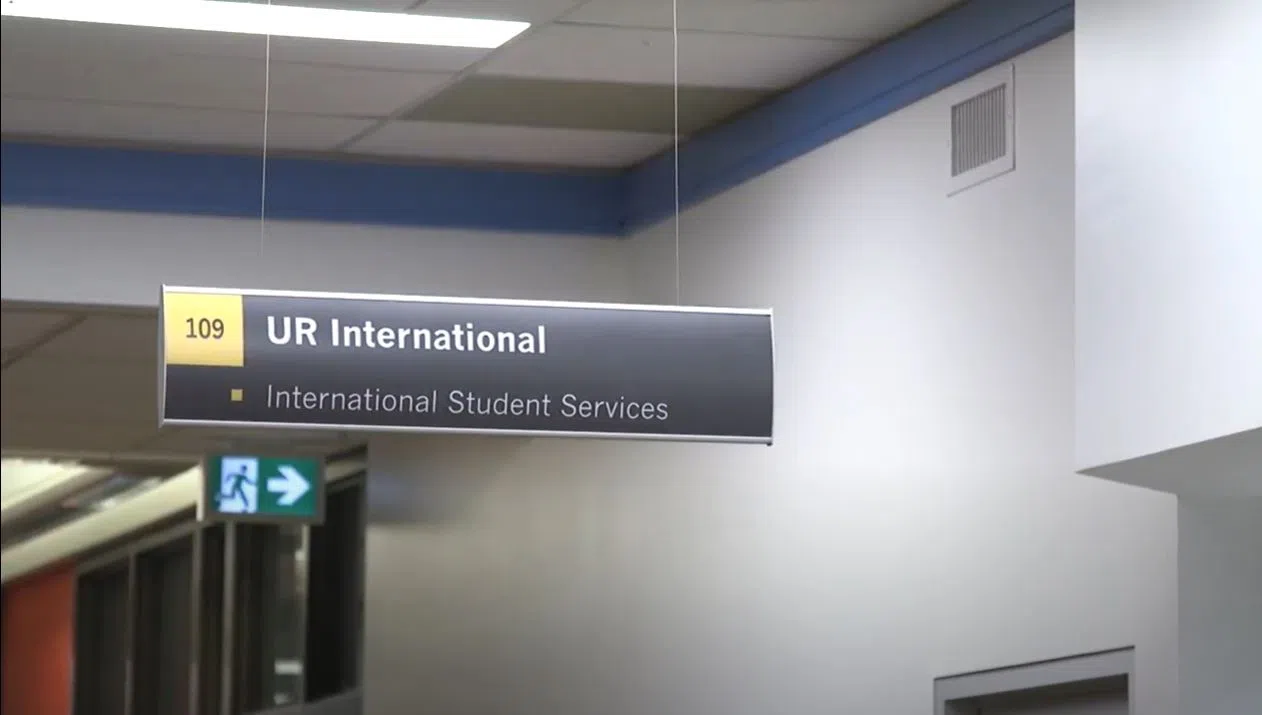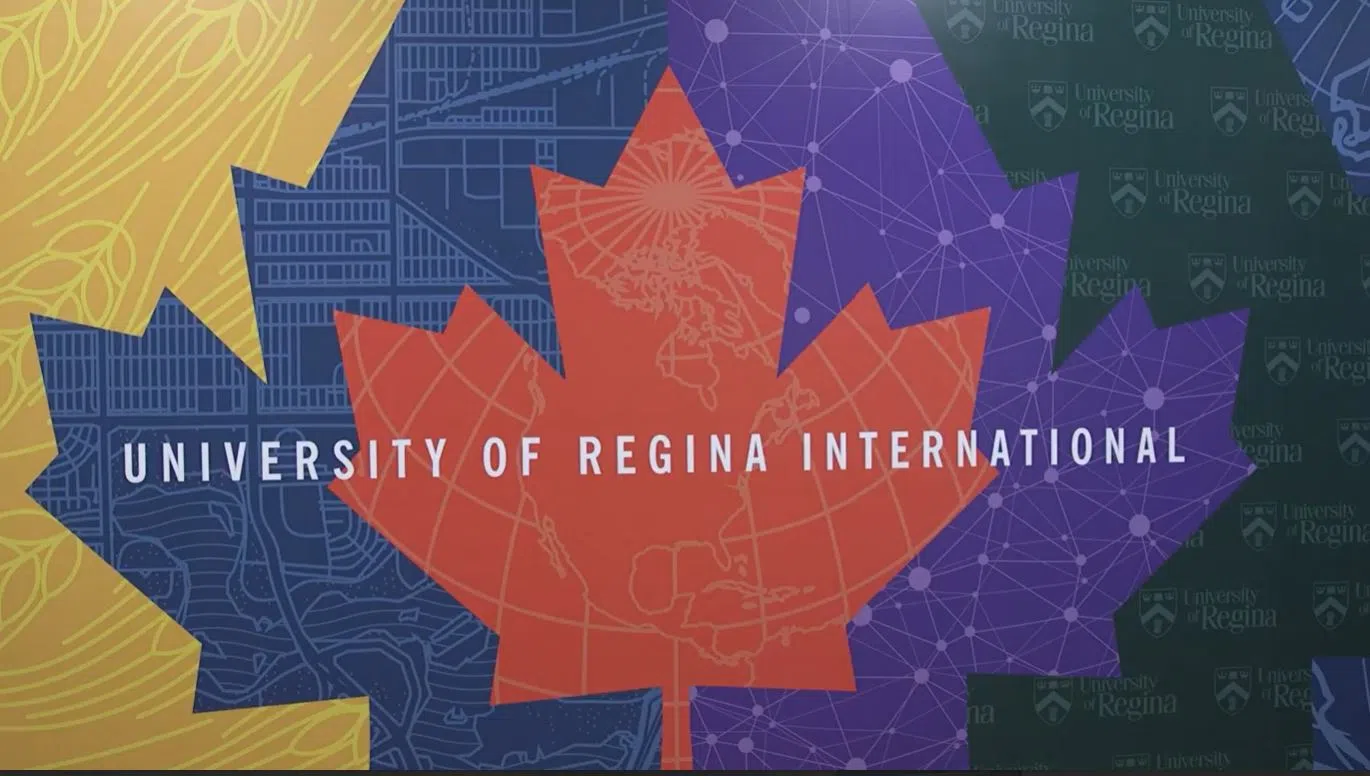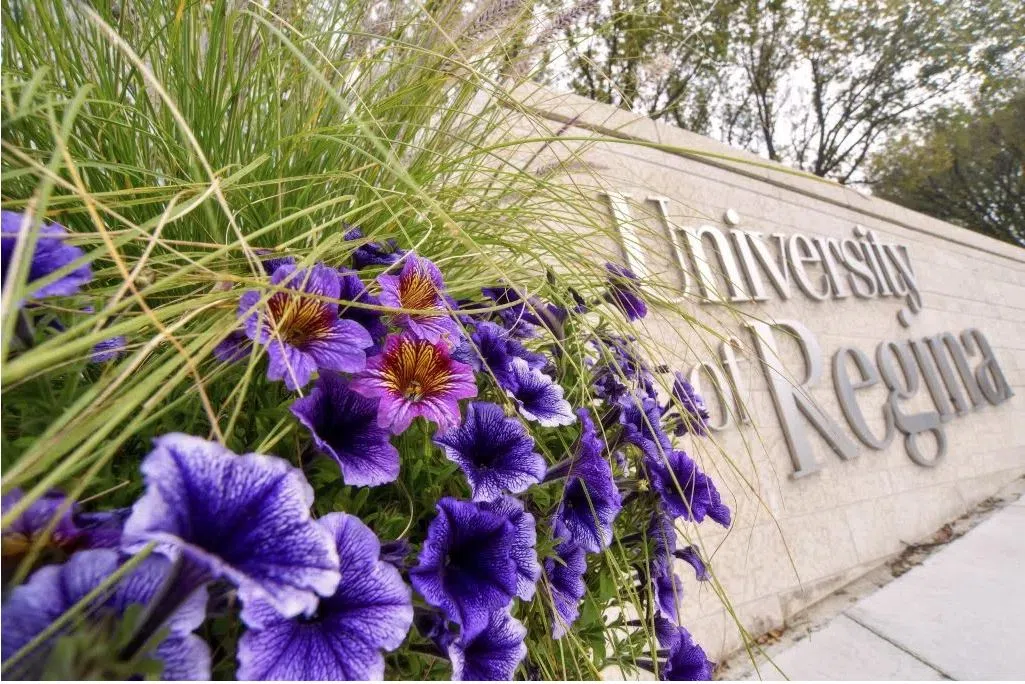The halls at the University of Regina will have 400 fewer international students walking them this semester.
But it’s not because of the international student cap set by the immigration minister earlier this year, it’s because of problems with processing student visas.
Jeff Keshen, President of the University of Regina (U of R), said some students abroad have decided not to continue their studies with the university due to the delays.
“A number of them are waiting overseas and it’s been quite frustrating,” he said. “They were hoping to get over here for the fall term. We’ve seen a couple hundred that have decided not to pursue their studies.”
Although the university anticipated 800 new international students, this lower number doesn’t impact overall numbers.
“We’re not seeing the impact of that at this particular point because of the record numbers that we had from the previous year,” Keshen said.
“The key for us going forward will be, what will it look like for the winter term, and even for the Spring term? Hopefully, those officials overseas will have straightened out all the kinks and all the wait lists.”

The university offers a number of programs to help cut the costs of school life for both international and domestic students. (Nicole Garn/980 CJME)
On the first day of classes, U of R hit a record number of 17,409 students attending, with 4,793 being international students. The university’s move-in day welcomed around 500 new students, with a total of 1,100 students living on campus.
The federal cap on international students limits the number of student visa applications the government would accept into processing. It’s expected to result in a 35 per cent drop in the number of students in 2024 compared to last year.
Keshen said the university had concerns about the cap initially. He said these policies are often made with larger metropolitan centres in mind, not smaller ones like Regina and Saskatoon.
“It was significantly lower than what Saskatchewan’s proportion of the Canadian population is,” he said. “We worked with our provincial government, particularly those in advanced education who did an excellent job of getting us a higher share under the cap. We were fine with that number.”
But the cap isn’t the problem.
“The government here in Saskatchewan has set up a very effective provincial attestation process that we have distributed to those students,” he said. “What we need is for the people overseas responsible for processing the student visas to ensure that’s done in a timely manner, and that the students that we have indicated are fully qualified to come here, are able to arrive.”

A total of 4,793 international students are enrolled for the fall 2024 semester. (Nicole Garn/980 CJME)
This is what’s frustrating to Keshen because the university has no control over the approval process.
“We can try to make the government officials as aware as possible of the fact that we can operate under the cap no problem because it provides us ample room,” he said. “But we need those students to be processed.”
He’s hoping everything will be sorted out for future semesters and students will no longer see delays or decide to take their studies elsewhere.
“Hopefully we will just see that small blip along the process, and we’ll return to normalcy,” Keshen said.
Tuition increase, U of R remains “competitive”
Tuition has also increased by four per cent.
“We have to keep our tuition competitive with our Western Canadian peers,” he said.
But for international students, that number has dropped.
Keshen explained that there are a handful of programs for both international and domestic students can apply for to save some money.
“If they stay in our dormitories, we will freeze their tuition and their housing costs for the full ride of their degree,” he said. “So that could save them $20,000 over the course of a degree.”
There’s a program for international students with high averages, it’s called the International Scholarship Distinction.
We’re celebrating our first cohort of International Student of Distinction Scholars! 🎉
These outstanding undergrad students will receive free on-campus housing and meal plans for the duration of their four-year programs.
Congratulations! 👏 #GoFarUofR
— University of Regina (@UofRegina) September 4, 2024
“We will provide them with free accommodation and a free meal plan, as long as they maintain their average and pay the international tuition,” he said. “So we are trying the best we can to soften the blow, to bring people here who have great promise.”











